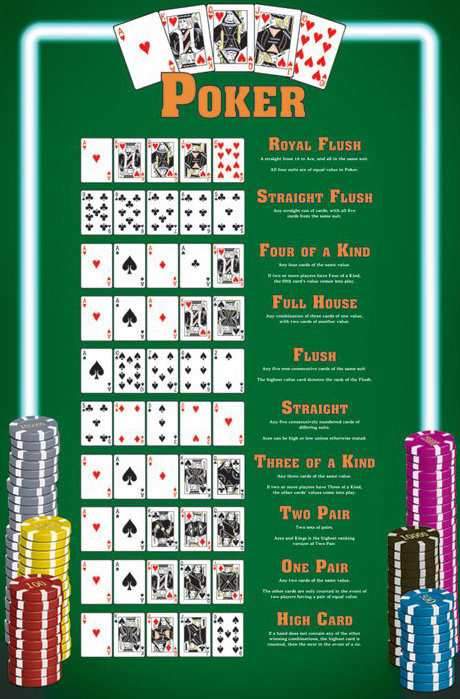
Poker is a card game where players try to get the best hand possible. There are hundreds of different variations of the game, but the basic idea remains the same.
It’s important to know how to play the game of poker, and to learn about the rules of each variant. It also helps to have a few poker tips that will help you improve your game and become more successful at it.
Bet Sizing: It’s very important to bet a certain amount of money when you think it’s the right time to do so, and this can take a lot of practice. You should learn to decide how much to bet based on a variety of factors, such as previous action, stack depth, pot odds and more.
Choosing the Right Site: When you’re starting out, it’s a good idea to choose a poker site that is reliable and fun to play on. You should check that it’s licensed and regulated by an independent gaming commission, see that their software is regularly inspected by a third-party security firm and read reviews about other people’s experiences.
Knowing Your Limits: Depending on the type of poker you play, you may be required to set a maximum amount of money that you can bet. This limits your loss to a specific amount, and can be a useful tool when you’re trying to increase your bankroll.
Bluffing: It’s important to bluff at the right times, and it takes a great deal of skill and confidence to do it properly. You should bluff only when you believe your opponent has a weak hand and you can convince them to fold.
The best time to bluff is when your opponent has only small chips in the pot, or when they have a weak hand that you believe you can beat. If you bluff too often, or when you’re too aggressive, it can be very difficult to win.
Don’t Get Excited Over the Flop: When you have a hand, it’s important to keep your expectations realistic. Getting excited over your cards is a common mistake that can cost you a lot of money in the long run.
When playing poker, it’s important to always look at the other players’ hands. This is called “door card” and can be a great way to narrow down your own hand.
If you see that the other players have checked after a flop of two cards of one suit, you can usually assume that they have a pair. On the other hand, if you see them check after a flop of a different suit, you can assume they have a single-pair, or even worse, a weak hand.
A player’s ego can kill them:
It’s very easy to get cocky in poker, especially if you’re a beginner. You may start to believe that you can beat your opponents, when in fact you’re just not that good. It’s all about strategy, and you should never make a decision based on ego or emotion.
Recent Comments